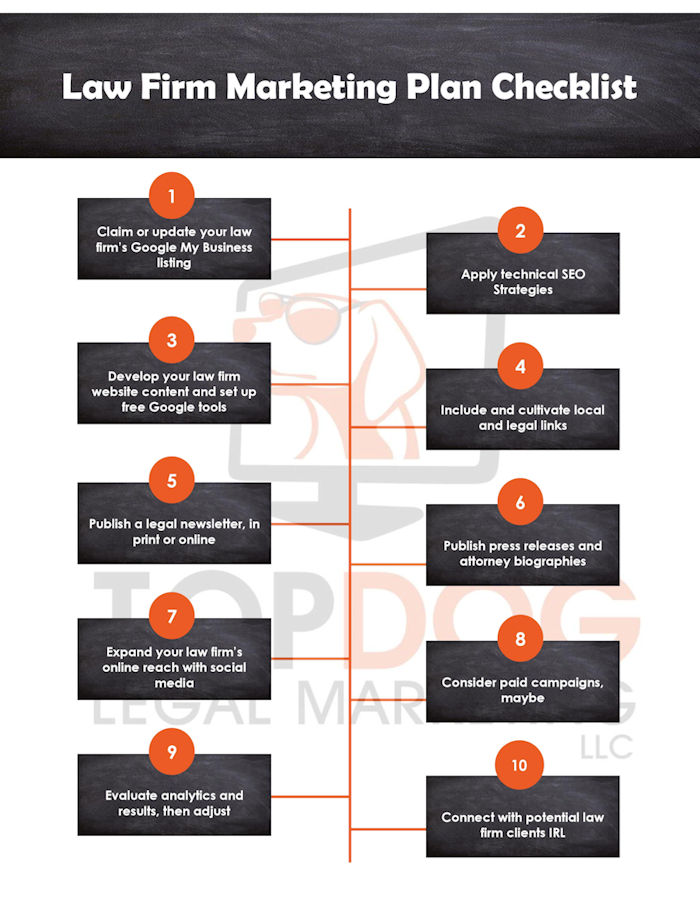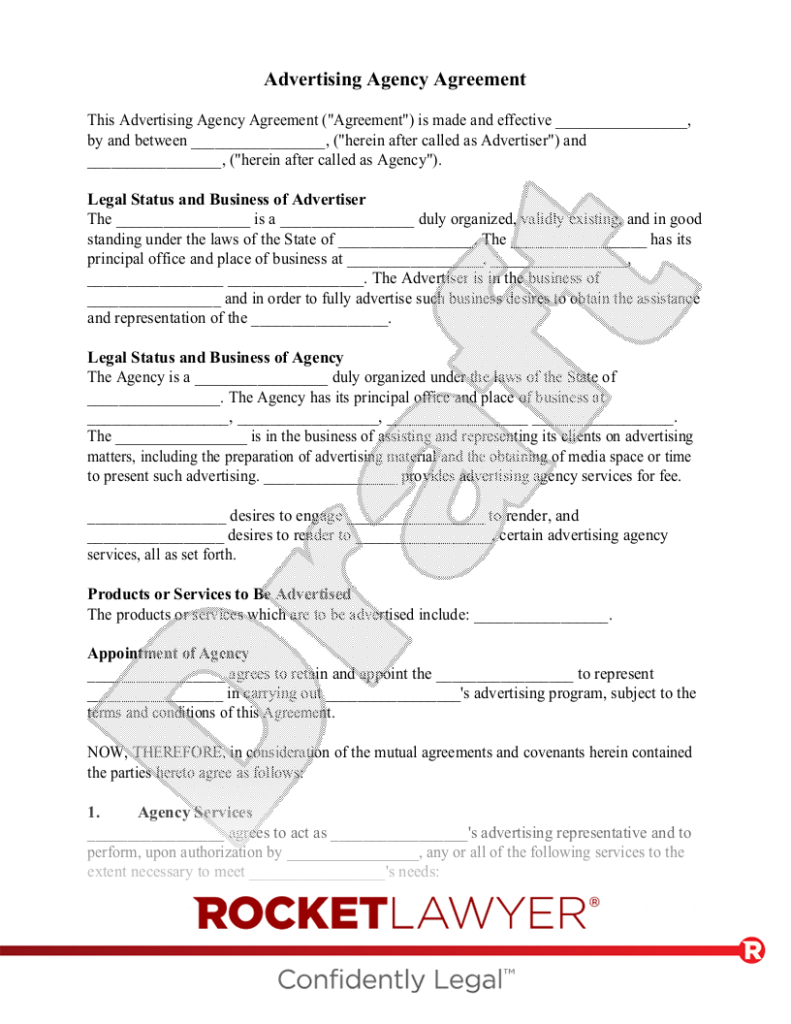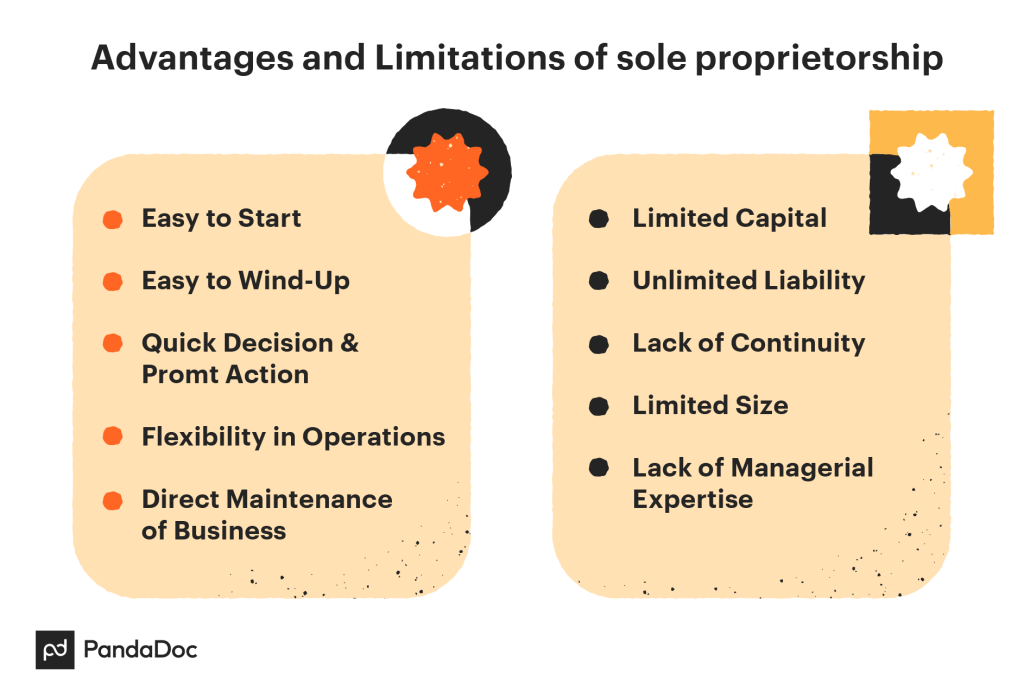
Starting an advertising agency can be an exciting venture, but it’s important to be aware of the legal considerations that come along with it. From trademarks and copyrights to employment and contract law, understanding these legal factors is crucial for the success and longevity of your agency. In this article, we will explore the various legal aspects that aspiring advertising agency owners should keep in mind before embarking on their entrepreneurial journey. So, grab a cup of coffee, sit back, and let’s dive into the world of legal considerations for starting an advertising agency. Starting an advertising agency requires careful consideration of various legal aspects to ensure compliance and protect your business. From choosing the right business structure to understanding tax obligations and insurance requirements, this article will guide you through the essential legal considerations to keep in mind when setting up your advertising agency.

Business Structure
Sole Proprietorship
As a sole proprietor, you would have complete control over your advertising agency. However, keep in mind that you would also be personally liable for any debts or legal issues. This simplicity and ease of formation make it an attractive option for small-scale agencies.
Partnership
If you decide to team up with one or more partners, a partnership structure can be beneficial. A general partnership shares all profits and liabilities equally among partners, while a limited partnership allows for limited liability for some partners. Be sure to create a partnership agreement that outlines the responsibilities and obligations of each partner.
Limited Liability Company (LLC)
An LLC offers limited liability protection, separating personal and business assets. It combines the flexibility of a partnership with limited liability similar to a corporation. Forming an LLC requires filing the necessary documents with the state and paying the required fees.
Corporation
If you plan to scale your advertising agency significantly, incorporating may be the best option. A corporation provides limited liability protection to its owners, known as shareholders. There are different types of corporations, such as C corporations and S corporations, each with its own tax implications and ownership structures.
Selection of Business Name
Conducting a Business Name Search
Before finalizing your advertising agency’s name, conduct a thorough business name search to ensure it is unique and not already in use. Check with the appropriate government agencies and conduct online searches to avoid potential trademark infringement issues.
Registering the Business Name
Once you have settled on a name, register it with the appropriate state or local government agency. This step ensures that your advertising agency’s name is officially recognized and protected within your jurisdiction.
Trademark Considerations
Consider trademarking your advertising agency’s name or logo to prevent others from using them without permission. Consult with a trademark attorney to determine the best approach to protect your brand identity.
Business Licenses and Permits
Federal Licenses
Depending on the nature of your advertising agency’s services, you may need to obtain specific federal licenses. For example, if you engage in telemarketing activities, you may need a license from the Federal Trade Commission (FTC). Research the federal regulations relevant to your agency and ensure compliance.
State Licenses
Many states require advertising agencies to obtain specific licenses or permits to operate legally. Research the requirements of your state’s regulatory agency to ensure that you meet all necessary criteria.
Local Licenses
Additionally, check for any local licenses or permits required by your city or county. These may include zoning permits, signage permits, or home occupation permits, depending on your agency’s location and structure.
Contracts and Agreements
Client Contracts
Draft comprehensive client contracts that clearly outline the terms and conditions of your advertising services. Specify project scope, payment terms, intellectual property rights, and any confidentiality clauses. Consult with an attorney experienced in advertising law to ensure your contracts protect your agency’s interests.
Vendor Contracts
When collaborating with vendors or suppliers, establish clear agreements that detail the terms of the relationship. These contracts may cover pricing, delivery schedules, quality standards, and intellectual property rights. Legal counsel can help you draft vendor contracts that safeguard your agency’s interests.
Employee Contracts
If you hire employees, have written employment contracts that specify job responsibilities, compensation, benefits, non-disclosure agreements, and non-compete clauses if appropriate. These contracts protect both your agency and your employees, clarifying expectations and maintaining a professional working relationship.
Intellectual Property
Copyright Considerations
As an advertising agency, your work involves creating original content. Understanding copyright law is crucial for protecting your agency’s intellectual property rights. Familiarize yourself with copyright laws, including fair use, licenses, and ownership rights, to ensure that your agency respects the rights of others and protects its own creative work.
Trademark Registration
Consider registering your advertising agency’s name, logo, or tagline as trademarks to prevent others from using them without permission. This registration offers additional legal protection and establishes your agency’s exclusive rights to those elements. Seek guidance from a trademark attorney to navigate the registration process successfully.
Protection of Trade Secrets
Safeguard any trade secrets, such as industry-specific knowledge, business models, or client lists, within your advertising agency. Establish clear security protocols, non-disclosure agreements, and employee training programs to protect your agency’s confidential information.
Compliance with Advertising Laws
Federal Trade Commission (FTC) Regulations
The FTC regulates advertising practices to ensure fair competition and to protect consumers from deceptive or unfair advertising. Familiarize yourself with FTC guidelines, including those related to endorsement disclosures, truth in advertising, and online advertising, to avoid legal issues.
State Advertising Regulations
In addition to federal regulations, advertising agencies must comply with state-specific advertising laws. These regulations can cover areas such as advertising to children, alcohol and tobacco advertising, and healthcare industry advertising. Research and adhere to your state’s advertising codes to avoid potential legal penalties.

Data Privacy and Security
Collecting and Using Personal Data
Ensure compliance with data privacy laws when collecting and using personal data for your advertising agency’s operations. Understand the legal requirements for obtaining consent, data storage and protection, and data breach notifications. Implement robust privacy policies and practices to protect your agency and client data.
Protecting Data from Cyber Threats
Given the increasing number of cyber threats, secure your agency’s data through encryption, firewalls, and secure network configurations. Regularly update software and educate employees on data security best practices. In the event of a data breach, have an incident response plan in place to minimize the impact on your agency and clients.
Compliance with Data Privacy Laws
Stay up to date with data privacy laws, such as the General Data Protection Regulation (GDPR) in the European Union or the California Consumer Privacy Act (CCPA) in the United States. These laws govern how businesses handle personal data and may impact your agency, especially if you serve clients globally or within specific jurisdictions.
Employment Law
Employee Classification (Independent Contractor vs. Employee)
Properly classify individuals working for your advertising agency as either employees or independent contractors. Understand the legal distinctions between these classifications, including tax obligations, benefits eligibility, and liability. Misclassification can result in legal consequences, so consult with an employment attorney to ensure compliance.
Wage and Hour Laws
Adhere to local, state, and federal wage and hour laws to ensure fair compensation and working conditions for your agency’s employees. Understand minimum wage requirements, overtime pay rules, and employee break time regulations applicable in your jurisdiction.
Anti-Discrimination Laws
Create and maintain a workplace environment that respects and adheres to anti-discrimination laws. Prohibit discrimination based on race, gender, age, religion, or any other protected characteristics. Train managers and employees on these laws and establish clear policies and procedures for addressing discrimination complaints.

Tax Obligations
Federal Taxes
Comply with federal tax obligations by registering for an Employer Identification Number (EIN) and paying the appropriate income taxes. Familiarize yourself with tax requirements related to payroll, employee benefits, and reporting obligations.
State Taxes
Research and understand your state’s tax requirements for advertising agencies, including income taxes, sales taxes, and employment-related taxes. Consult with a tax professional to ensure compliance and optimize your agency’s tax strategy.
Sales Tax
If your advertising agency provides taxable services or sells products, you may be required to collect and remit sales tax. Determine your state’s sales tax regulations and register for a sales tax permit if necessary. Properly track and report sales tax to avoid penalties or audits.
Insurance Requirements
General Liability Insurance
Protect your advertising agency from potential liability claims by obtaining general liability insurance. This coverage can help cover legal expenses, property damage, bodily injury, or advertising-related claims arising from your agency’s activities. Consult an insurance professional to determine appropriate coverage levels for your specific agency’s needs.
Professional Liability Insurance
Also known as errors and omissions (E&O) insurance, professional liability insurance protects your agency against claims of professional negligence, errors, or omissions in the services provided. This coverage can safeguard your agency’s reputation and financial well-being in the event of a lawsuit or client dispute.
Workers’ Compensation Insurance
If you have employees, workers’ compensation insurance is often required by law. This coverage provides medical benefits and wage replacement for employees who suffer work-related injuries or illnesses. Consult with an insurance agent to determine the workers’ compensation requirements specific to your jurisdiction.
By considering and addressing these legal considerations, you can establish a solid foundation for your advertising agency. Consult with professionals in legal, accounting, and insurance fields to ensure that you meet all legal obligations, protect your agency’s interests, and minimize potential risks. With diligence and care, you can focus on growing your agency and delivering exceptional advertising services to your clients.






